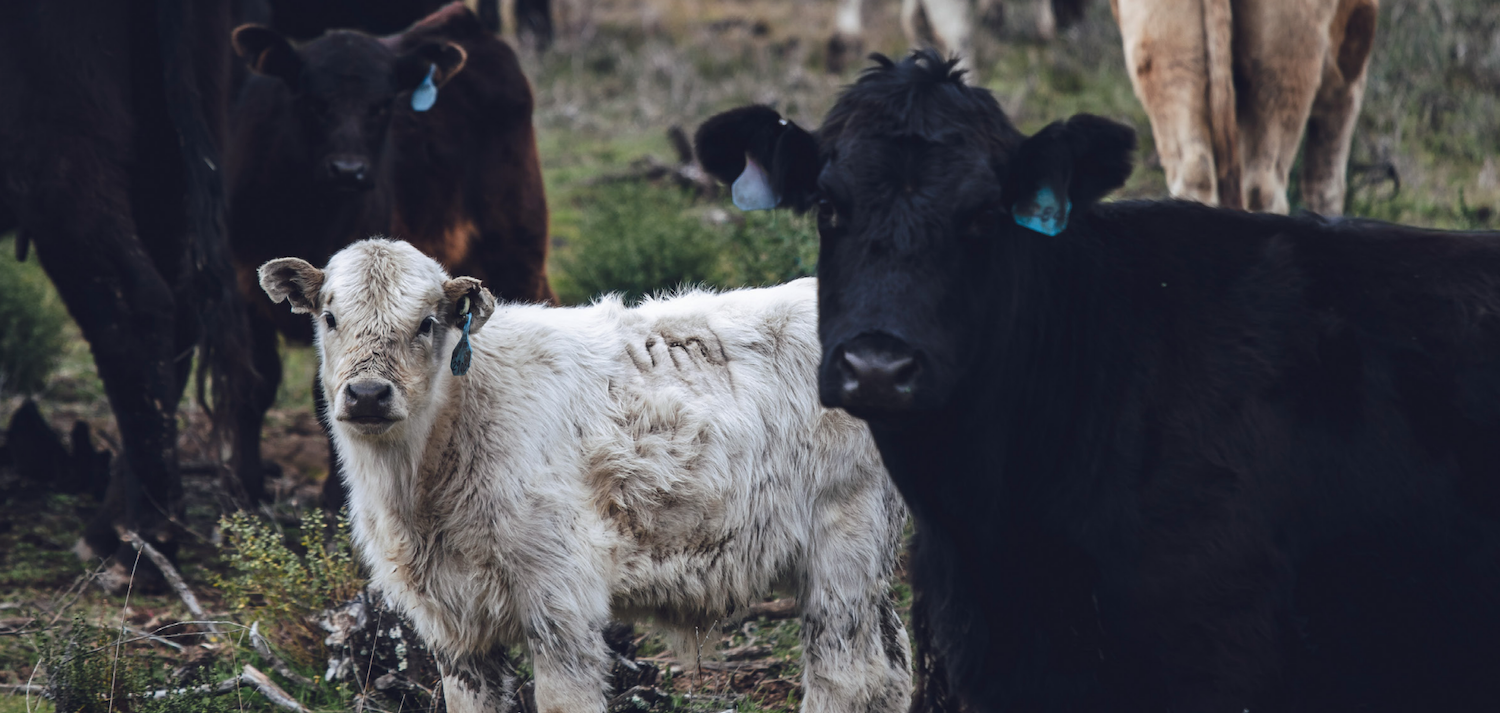Latest Resources

18 July 2024
Is Zambia’s food system collapsing?
Zambia’s collapsed food system: never-ending debt, climate shocks, biodiversity loss and FISPs – the indispensability of transitioning to agroecology In this briefing, we look at how Zambia is facing a gathering food crisis of serious proportions. Amidst repeated droughts and floods, energy rationing, and shortages of drinkable water, food prices are rising and millions are at risk […]

9 July 2024
Agricultural policy reform in South Africa
Addressing animal welfare within a just, agroecological food systems transition This discussion document, written by Linzi Lewis on behalf of Humane World for Animals, South Africa (SA), highlights the need for greater attention to be given to industrial animal agriculture. As one of the major drivers of current socio-ecological crises, it demands further consideration within […]

14 May 2024
ACB’s legacy podcast: celebrating 20 years of resistance against GMOs in Africa
This legacy series provides an opportunity to reflect on and celebrate the past two decades of ACB’s advocacy and activism, with a particular focus on resisting the introduction of genetically modified organisms (GMOs) into our agricultural and food systems in Africa. Our first podcast in the series is hosted by ACB Research and Advocacy Officer […]

13 May 2024
GMOs: two decades of laying out the facts
Even though first-generation genetically modified (GM) agricultural crops have faced significant setbacks and outright failures over the last two decades, a new push for second-generation GM crops has emerged. Despite the destructive role of industrial agricultural expansion in biodiversity loss and human health, we are seeing a resurgence in its momentum, with false solutions such […]

25 March 2024
Les aliments ultra-transformés en Afrique
Implications pour une transition agroécologique juste des systèmes alimentaires et agricoles Une série du Centre africain pour la biodiversité Les fiches d’information 6 et 10 sont maintenant disponibles. (Click here to read in English.) Dans cette série d’articles sur les aliments ultra-transformés (UPF) sur le continent africain, nous examinons les effets de l’évolution des comportements […]

8 March 2024
Ultra-processed food in Africa
Implications for just agroecological transitions of food and agriculture systems A series by the African Centre for Biodiversity Click here for factsheets 6-10. (Cliquez ici pour lire en français.) In this series focusing on ultra-processed food (UPF) on the African continent, we explore the impacts of shifting dietary patterns, with increasing reliance on low-cost, ultra-processed […]

5 February 2024
Game-changer for regulation of genome editing and new tech as SA’s Ag Minister overrules Industry...
PRESS RELEASE 5 February 2024 The African Centre for Biodiversity (ACB), welcomes the final decision taken by the South African Minister of Agriculture Ms Thoko Didiza, in terms of section 19 of the Genetically Modified Organisms (GMO) Act of 1997, to uphold the October 2021 decision of the Executive Council (EC) that the risk assessment […]

30 January 2024
No to GM wheat!
Food sovereignty alliance from Latin America, Africa, and Asia approaches seven UN Special Rapporteurs for urgent intervention to block cultivation and trade of GM wheat HB4 To date over 100 organisations endorse this submission. Please note the deadline for endorsements is Wednesday 15 February. PRESS RELEASE 30 January 2024 On 26 January 2024, a submission […]

5 December 2023
Draft Plant Breeders’ Rights and Plant Improvement Act Regulations
Further comments submitted by the African Centre for Biodiversity (ACB). In November, the Department of Agriculture, Land Reform and Rural Development (DALRRD) hosted stakeholder consultations in Pretoria and Cape Town on the regulations of the Plant Breeders’ Rights (PBR) and Plant Improvement (PI) Acts. The ACB was quick to accept the invitation to attend both […]

28 September 2023
Just transition and adaptation in the food system: national policy dialogue
The National policy dialogue on a just transition and adaptation in the food system took place in Ekurhuleni, from 20-22 September. Organisations representing the labour movement, smallholder farmers, farm workers, labour tenants, informal traders, waste reclaimers, food and land justice organisations, civil society, and policymakers came together to discuss building a coordinated understanding and policy […]
